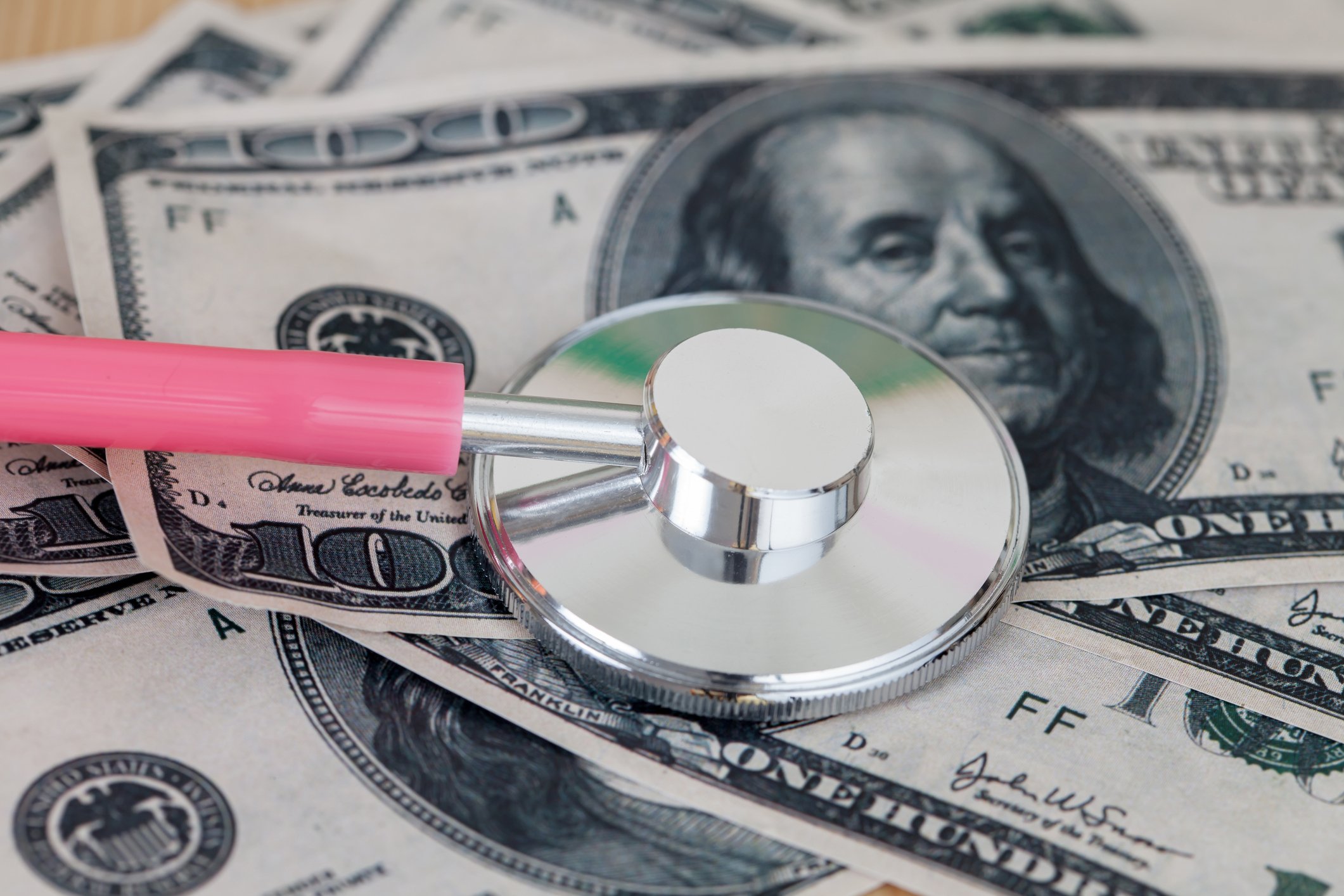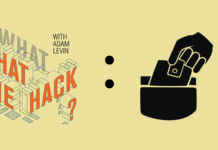
Ok, gentlemen, all set:
Never mind his crowd-favorite pledge to build the Great Wall of Mexico with a “big, fat door,” President Donald Trump’s cornucopia of campaign promises included many a forgettable vow. But you had to be whale-spotting from a lily pad on Loon Lake to miss the president’s pledge to repeal the Affordable Care Act (ACA).
What may not be as obvious is the effect that such a move could have on crime — specifically medical identity theft.
Promises are often downgraded to “ideas” post-victory, but now that Candidate Trump is leader of the free world, it’s time to revisit this major pledge. One of the first things our new president did Friday was sign an executive order urging his administration to fight the ACA.
The executive order has no teeth. It simply states the Trump administration’s position, and, sure, that carries with it all the heft brought to bear by the Oval Office. But what is worrisome for proponents of the ACA is that the executive order follows current legislative efforts in Congress to obliterate the centerpiece of President Barack Obama’s legacy. With a newly installed majority, Republicans are poised to dismantle the historic law that helped 20 million uninsured Americans get affordable healthcare. Most recently, in a 227 to 198 vote, members of the House approved a budget that would kill major provisions of the ACA.
“This is a critical first step toward delivering relief to Americans who are struggling under this law,” House Speaker Paul Ryan said last week.
It’s hard to say exactly how many Americans would lose their health insurance should Obamacare go away, since Republicans have yet to outline a plan to replace it. However, a recent study from the non-partisan Congressional Budget Office (CBO) found a straight-up repeal would leave about 18 million people uninsured the following year.
It goes without saying the majority of those affected will not resort to a life of crime in order to acquire healthcare. In fact, it is unlikely, but should Congress, in concert with the Trump administration, repeal the ACA without providing a viable alternative, the sheer number of uninsured people will create a moral hazard — crimes will become a possibility where they would not have been — and this can only result in an uptick in the medical identity theft numbers.
What Is Medical Identity Theft?
As I explain in my book, Swiped: How to Protect Yourself in a World Full of Scammers, Phishers and Identity Thieves, medical identity theft is widespread, and potentially deadly.
While there is a long and sordid history of organized crime running healthcare-related scams whereby crooked doctors and garden-variety crooks team up to defraud insurers or get prescriptions for controlled substances that are then sold for recreational use, the theft of one person’s healthcare by another is a very real thing, and it can be life threatening.
Your medical records provide information that can be used in a variety of ways. For instance, once a criminal has your personal information and insurance details, he or she can use it, or enable another person to use it to gain access to the healthcare system in your name, and the result could be the contamination of your medical records with his or her co-mingled information.
Nothing is more dangerous than going to a hospital and having “your” medical records, as used by an identity thief or his/her “customer,” reflect an inaccurate blood type, medical history, or the existence or absence of certain allergies when you are receiving medical care, particularly in an emergency situation.
Another result of medical identity theft can be denial of service. If an impostor uses your insurance to gain access to healthcare, it can affect your own ability to access care: Many insurance plans have annual caps on certain types of procedures and treatments — and obviously no insurance company is going to pay for one person to have an appendectomy twice. An identity thief with access to your insurance could drain your coverage before you even know it’s happened and leave you in the lurch when you need it.
How to Prevent Medical Identity Theft
There are ways to defend against medical identity theft. Most involve proactive monitoring of your medical files. Many larger medical providers permit you to review your medical records by way of a secure website. If your doctor doesn’t offer such a service, you should sit with him, her or their staff at least once per year and review your files to confirm their accuracy. In addition, you should intently review any correspondence you receive from your health insurer, particularly Explanation of Benefit Notices, which will be the most immediate way to discover theft of services.
You should also review your credit reports at least once a year at AnnualCreditReport.com to make sure that all information is accurate. If you notice anything involving medical debt or a collection relating to a medical bill that is news to you, confirm its accuracy and that it’s not an indication you are a victim of medical identity theft.
You might also wish to keep track of your credit scores. Any sudden, unexplained drop could indicate a problem, and that issue might stem from medical identity theft. (You can view two of your free credit scores, updated every 14 days, on Credit.com.)
As for threats to the ACA, nothing has happened … yet. Lawmakers are still trying to figure out how to approach their stated goal of repealing Obamacare, and it won’t be easy. If you have concerns, you can call Speaker Ryan and other lawmakers who have vowed to do away with the ACA. As for the stated goal of repealing the ACA: An ounce of caution may be worth a pound of cure.










